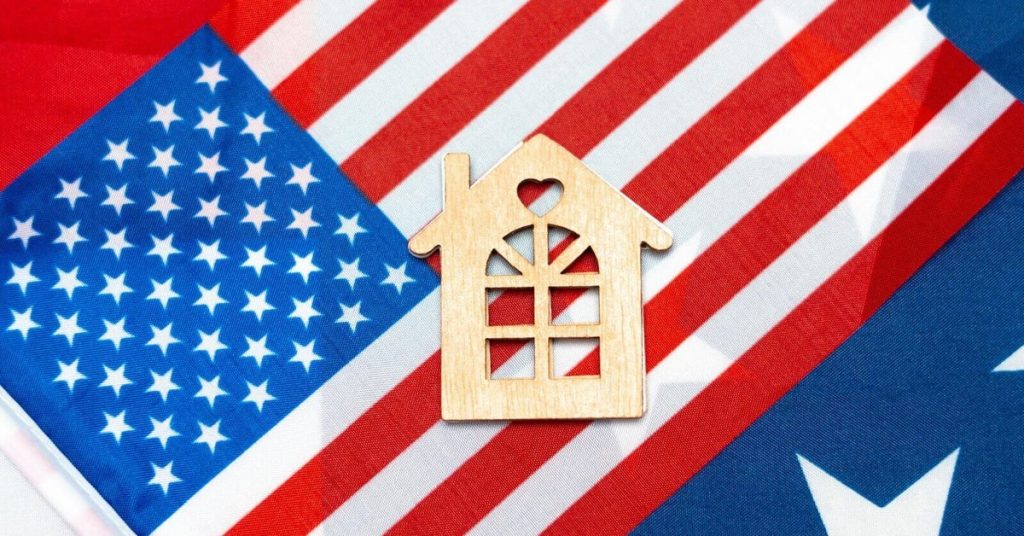
Did you know that over 44 million renters in the U.S. rely on property management services? Understanding the intricacies of American property management can empower landlords and tenants alike. Dive in to explore its significance, challenges, and best practices.
The landscape of American property management is complex, yet essential in the rental market. With about 44 million households renting in the United States, this sector plays a pivotal role in the overall housing industry. From ensuring tenant satisfaction to maintaining the physical state of properties, property management encompasses a multitude of responsibilities.
Property management goes beyond collecting rent. It involves a spectrum of duties that ensure both properties and tenants are well taken care of.
One major responsibility is tenant screening. With many applicants for each rental unit, property managers conduct thorough background checks, which can include credit history and previous rental experiences. This process seeks to ensure that tenants are responsible, minimizing the risk of late payments or eviction.
Next, managing finances is crucial. This includes setting rental prices, managing operational costs, and ensuring timely rent collection. Accurate financial reporting helps landlords understand the profitability of their investments.
Maintenance and repairs also form a core function of property management. Managers must respond promptly to tenant complaints and carry out routine inspections to maintain property value. Proactive maintenance can prevent larger issues down the line, saving both time and money.
Lastly, property managers are responsible for lease agreements. They ensure that all contracts are legally compliant and that both parties understand their rights and responsibilities. These agreements help protect both the tenant and the landlord, establishing a clear framework for expectations.
Understanding and adhering to local laws is an essential part of property management in America. Legal standards differ by state, requiring property managers to stay informed about current regulations.
The Fair Housing Act, for instance, prohibits discrimination based on race, color, national origin, sex, disability, and familial status. Managers must ensure their practices comply with these laws during tenant screening and throughout the leasing process. Failure to comply can lead to legal repercussions and financial losses.
Another important consideration is the handling of security deposits. Many states have specific laws governing the collection, use, and return of these deposits. Property managers must inform tenants about these regulations upfront to maintain clear communication and avoid disputes later.
Evictions are another sensitive legal process that requires careful navigation. Each state has its own rules regarding grounds for eviction, notices to tenants, and court procedures. Property managers should be knowledgeable about these processes to ensure that evictions are handled lawfully and ethically, thus protecting both tenant and landlord rights.
Maintaining positive tenant relations is critical for successful property management. However, this often comes with challenges that require skillful strategies to overcome.
One common issue is communication. Tenants may feel their feedback or complaints are not taken seriously, leading to dissatisfaction and potential conflicts. Establishing multiple communication channels, such as phone, email, and community portals, can help property managers stay accessible and responsive.
Another challenge is managing tenant expectations. Tenants may have unrealistic expectations regarding maintenance turnaround times or property features. Implementing clear policies and educating tenants about the limitations of what can be addressed can help mitigate misunderstandings.
Additionally, handling disagreements or disputes between tenants can be tricky. A neutral mediation process can be beneficial in resolving conflicts amicably, which in turn fosters a harmonious living environment. Encouraging community-building activities also enhances tenant relations, promoting a sense of belonging and satisfaction.
The property management industry has seen significant technological advancements in recent years. These innovations are transforming how landlords and property managers operate, leading to increased efficiency and improved tenant experiences.
Property management software has become increasingly popular. These platforms allow property managers to streamline rent collection, track maintenance requests, and manage tenant communications all in one place. Features such as online payment options and automated reminders can enhance tenant satisfaction and reduce late payments.
Smart home technology is also becoming more prevalent. Features like smart locks, thermostats, and security systems not only attract tech-savvy tenants but can also enhance property security and energy efficiency. Integrating these technologies can also enable remote monitoring of property conditions, allowing for quicker responses to issues.
Furthermore, data analytics tools enable managers to make informed decisions regarding pricing strategies and market trends. By analyzing vacancy rates and rental prices in specific areas, property managers can maximize earnings while maintaining competitive pricing. This data-driven approach is becoming a staple in modern property management, ensuring alignment with market demands.
Understanding American property management can greatly benefit both landlords and tenants. Here we share some practical tips that can enhance the experience on both ends of the rental agreement.
For landlords, timely maintenance is crucial. Establishing a reliable network of contractors for repairs can help address issues effectively, ensuring tenant satisfaction and preventing property damage. Regular property inspections also help identify potential problems before they escalate, protecting your investment.
Transparent communication is equally essential. Holding regular check-ins with tenants to solicit feedback can foster trust and satisfaction. Establishing a clear protocol for reporting maintenance issues can also reduce frustration for tenants.
Tenants should familiarize themselves with their lease agreements. Understanding your rights and responsibilities helps prevent disputes. Documenting communications with landlords can also provide protection in complex situations.
Lastly, both parties should consider utilizing technology. Landlords can employ property management software for seamless interactions, while tenants can take advantage of online portals for quick payments and maintenance requests. This cooperation can significantly improve the rental experience.